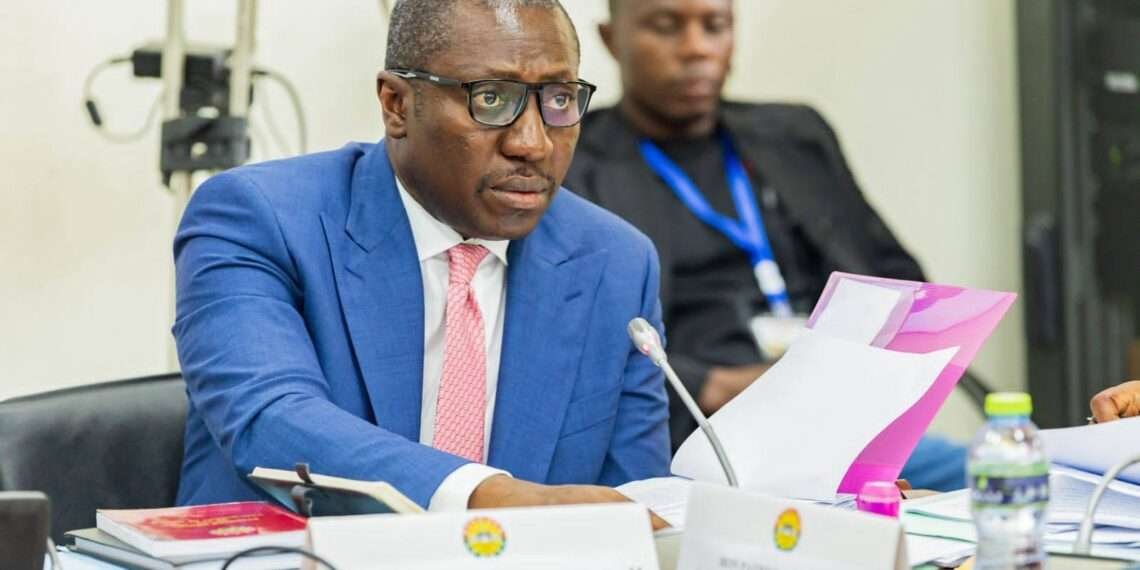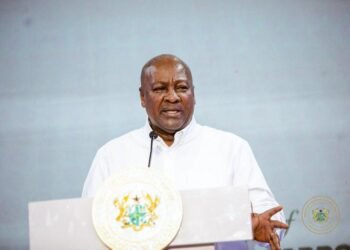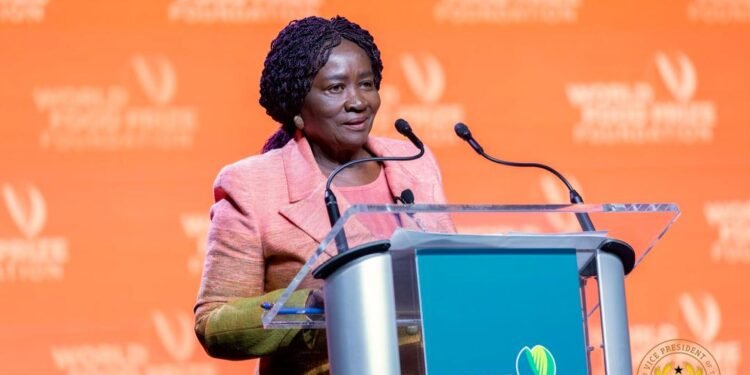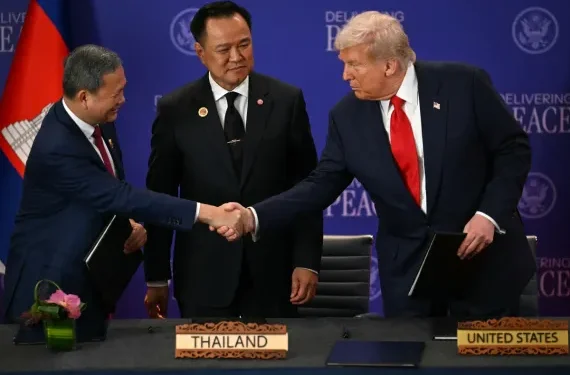The Minority in Parliament has rejected the nomination of Dr Justice Srem Sai as Deputy Attorney General, citing what they described as an unfair and abrupt termination of his vetting by the Chair of the Appointments Committee.
This decision, announced by Minority Leader Alexander Afenyo-Markin, comes in the wake of heightened tensions over the handling of the proceedings.
What started as a routine inquiry about the Deputy Attorney General and Minister of Justice nominee’s background took a tense turn when the discussion shifted to cultural matters.
The atmosphere changed when the Minority Leader requested that the nominee perform a traditional dance from his heritage. This prompted the Chairman to intervene, ultimately overruling the question.
Following this, the vetting process took a contentious turn when the Chair of the Appointments Committee was accused of abruptly cutting short the nominee’s vetting.
According to Afenyo-Markin, the Chair’s actions were unjustified and undermined the spirit of cooperation that had characterized previous vetting sessions.
“We are protesting your conduct in abruptly ending the nominee’s vetting on the grounds that I refused to withdraw my dissatisfaction with your ruling. I described your actions as whimsical and capricious, and I also noted that you rudely made those expressions. We do not think that, in the spirit of cooperation, you should put up such a posture.”
Hon. Alexander Kwamena Afenyo Markin, Minority Leader
The Minority Caucus also raised concerns about what they perceived as bias in the handling of proceedings, citing a prior incident involving Weija Gbawe MP, Ahmed Jerry Shaib.
They argued that Shaib was unfairly interrupted during his session and that similar interruptions were strategically used against the Minority leadership.
Hon. Afenyo-Markin further alleged that he was personally targeted with disruptions, including interventions from Attorney General Dr Dominic Ayine and Majority Chief Whip Hon. Rockson Nelson Etse Dafeamakpor, which, according to him, were deliberate attempts to obstruct the smooth vetting process.
“The Attorney General himself interrupted, yet you curiously claimed you never heard him. Then the Majority Chief Whip also disrupted the session, though not into the microphone. This was clearly meant to obstruct the process. Eventually, you allowed him to ask a so-called follow-up question”.
Hon. Alexander Kwamena Afenyo Markin, Minority Leader
In light of what they described as an abuse of discretion by the Chair, the Minority announced their firm decision to reject the nomination of Justice Srem Sai.
“Let me conclude as follows: the Minority Caucus hereby rejects the nomination of the Deputy Attorney General. That decision will be solely yours as a Majority Caucus. In furtherance of our protest, we are also rejecting all other nominees vetted today, and any decision taken will remain yours.”
Hon. Alexander Kwamena Afenyo Markin, Minority Leader
The Minority Leader further hinted that his caucus would reconsider its approach to future vetting sessions if what they perceive as bias in the process persists.
“God willing, tomorrow, we are receiving the President. Our understanding is that there will be no vetting on Friday. If this posture remains the same, we will advise ourselves on the next course of action,”
Hon. Alexander Kwamena Afenyo Markin, Minority Leader
Ahiafor Hits Back
Responding to the Minority’s accusations, Hon. Bernard Ahiafor, Chairman of the Appointments Committee and First Deputy Speaker of Parliament, vehemently rejected the characterization of his actions.
“I take great exception to the Minority Leader saying I am whimsical, capricious, and that I rudely interrupted. As Chairman of the Committee, I have the right to overrule a question, especially when there is an attempt to turn the vetting committee into a dancing floor. The just thing for me to do was to overrule that particular question.”
Hon. Bernard Ahiafor, Chairman of the Appointments Committee and First Deputy Speaker of Parliament,
Hon. Ahiafor also reminded Afenyo-Markin that parliamentary decorum requires members to withdraw unparliamentary language when used in official proceedings.
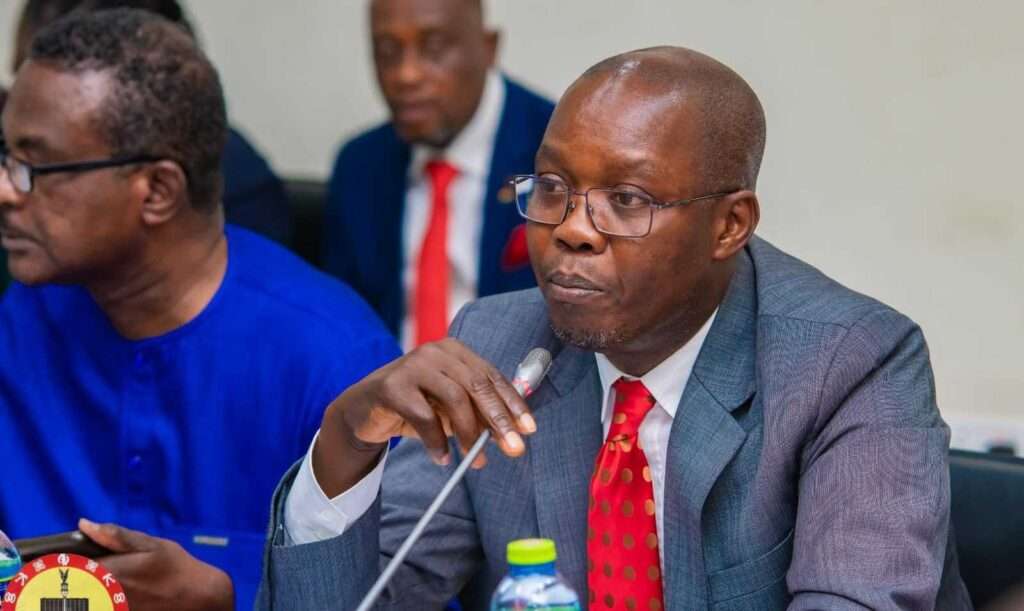
“Even in Parliament, when unparliamentary language is used, members are required to withdraw and sometimes apologise. He is even lucky I have not cited him for contempt,” he added after Afenyo-Markin refused to retract his statements despite insistence from the Chair.
The deepening rift between the Majority and Minority over the handling of vetting proceedings underscores broader tensions in Ghana’s Parliament, where heated exchanges have become increasingly common.
With the Minority’s firm stance on rejecting Justice Srem Sai’s nomination and other nominees vetted on the same day, the implications of this dispute could extend beyond just the Appointments Committee, potentially affecting broader legislative cooperation in the coming months.
READ ALSO: Ghana’s Household Spending to Surge to GH¢129.7bn in 2025– Fitch Report



